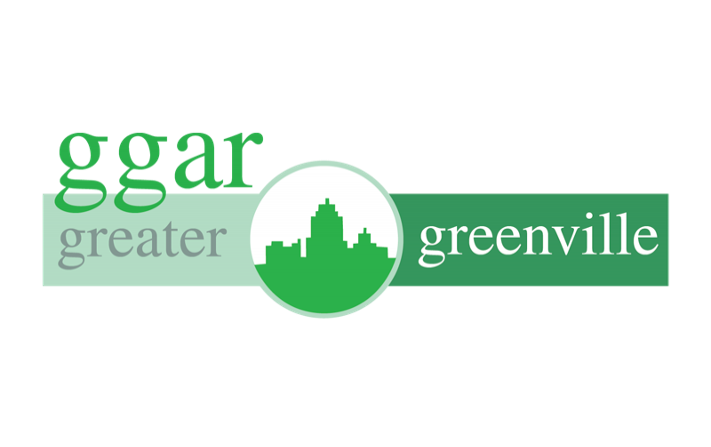
Perhaps you sold your home this year. Or even though mortgage rates are rising, it’s still a seller’s market, and you’re trying to decide if it’s time to pull the trigger and call your Realtor. Whatever your situation, these practical tips may be able to help reduce any potential capital gains taxes.
Educate Yourself
First off, know the rules. Just because you sell a property doesn’t automatically guarantee you will owe capital gains taxes. While most properties have appreciated significantly over the last few years thanks to rising home prices, how long you’ve owned the property, if it’s your primary residence, your current income, tax filing status, and whether or not you’re planning on purchasing another residence within a certain time frame, all have to be taken into consideration.
Generally the amount determined on capital gains owed is the price the house sold for minus what you initially paid for the property. Purchased for $200,000 and sold for $350,000, the $150,000 is what will be taxed. But say you did a major renovation, spending $50,000 before selling. That is considered a capital improvement and reduces your taxable capital gains down to $100,000.
Capital Improvements
Capital improvements, while very broad in definition, there are really only four things to remember, of which only one needs to be present. This is why it is so important to keep a spreadsheet, a file folder of receipts, or some other method of tracking everything done to the home. Something as simple as replacing a broken gutter can be included under capital gains.
- The repair must add value to the property.
- The improvement or repair must have a life expectancy of over one year.
- It must be done in order to prolong the property’s life.
- If it has been done in order to adapt the home for a new use, such as senior aging.
- Now, before you start trying to remember repairs from five years ago, please note, the IRS allows you to exclude up to $250,000 if filing single, or $500,000 if married and filing jointly, from a primary residence sale. Though it is always a good idea to keep track of home repairs just in case.
- Interested in getting in the house flipping business? Keep in mind, the IRS requires in order to avoid capital gains you must own and live in the home for two years. And if you sell within the first year you will more than likely owe short-term capital gains taxes, which can end up being extremely expensive.
Exemptions
There are exceptions depending on your circumstances. Talk with your accountant or check with the IRS to see if you qualify for a health, military service, or other type of employment, or an unforeseen situation exemption.
Don’t go into the real estate market without a trusted partner. Whether buying or selling, Carolina RES is here for all your real estate service needs. From interior air quality testing, radon checks, CL100 termite letters, home appraisals and inspections, Carolina RES will work hard behind the scenes to make your real estate experience as stress free as possible. Please connect with us today! Call 864-242-1099 or use our secure online form and we’ll be back in touch ASAP.



